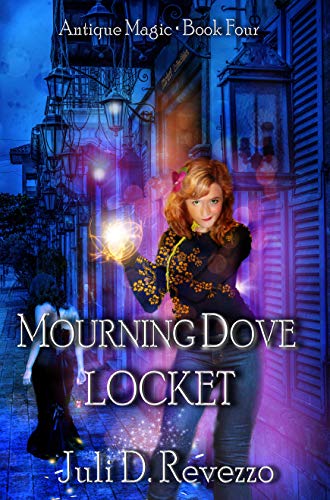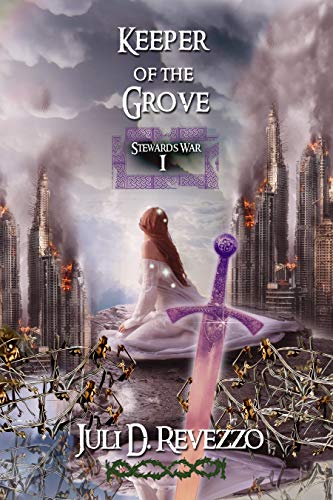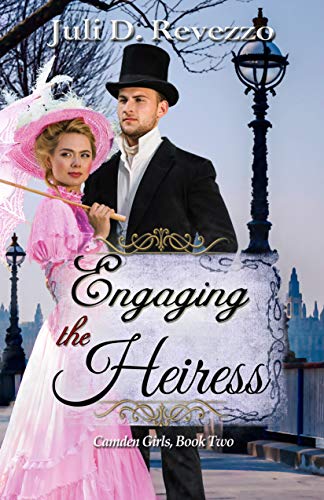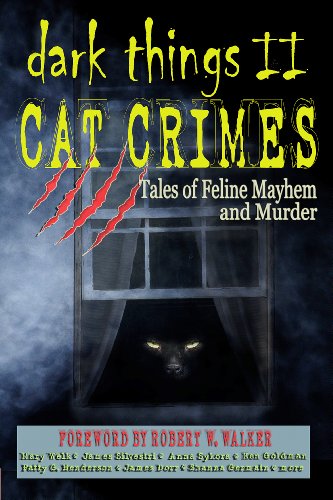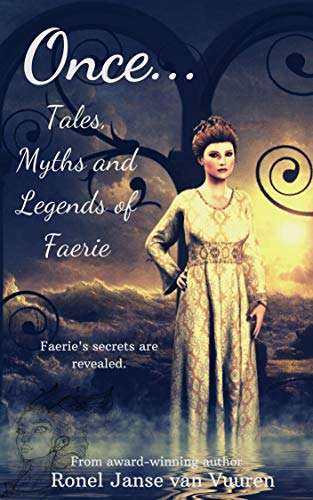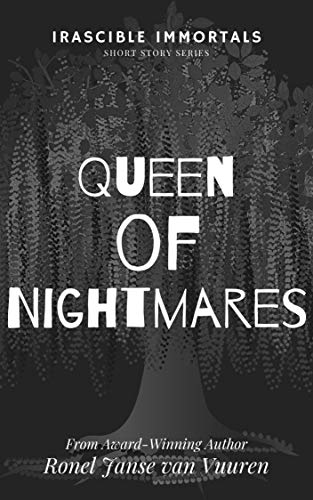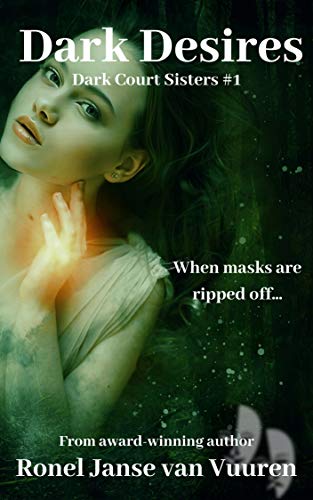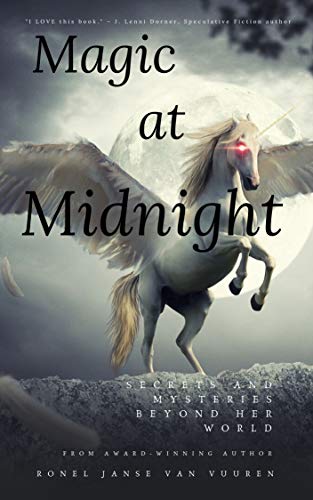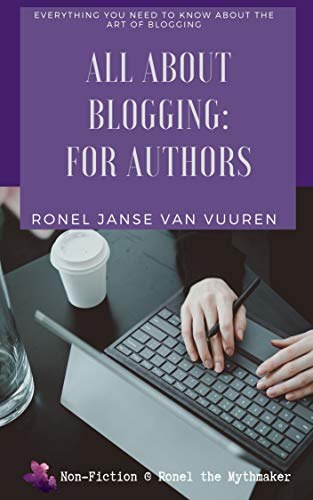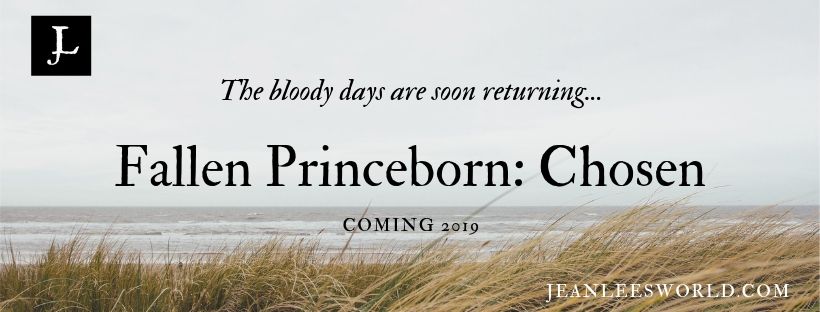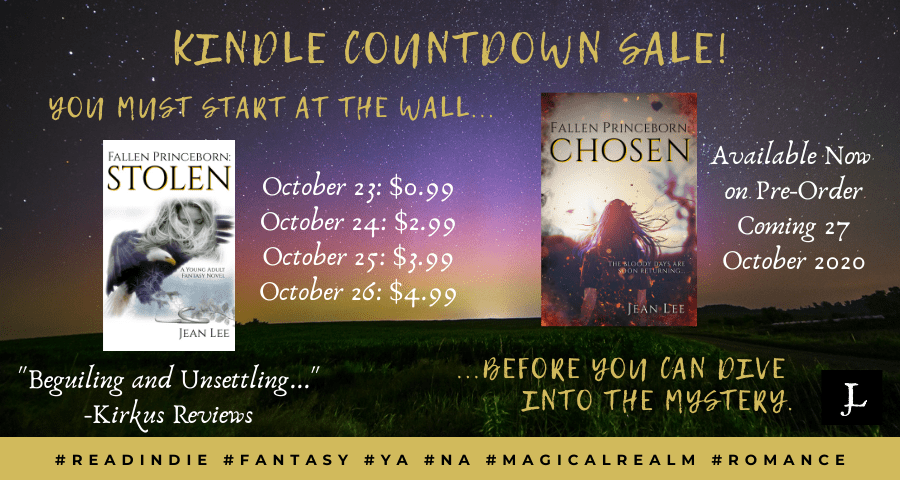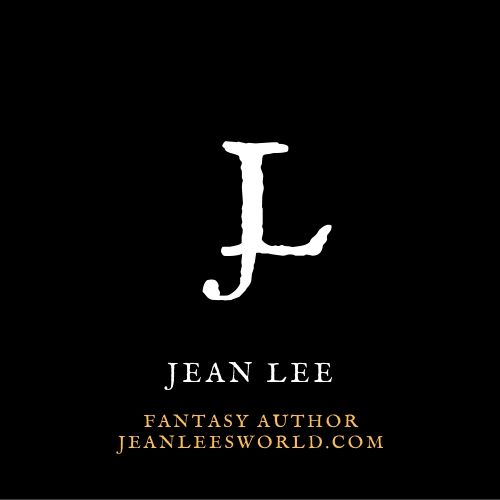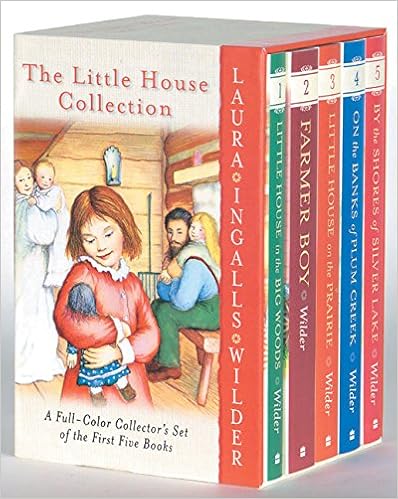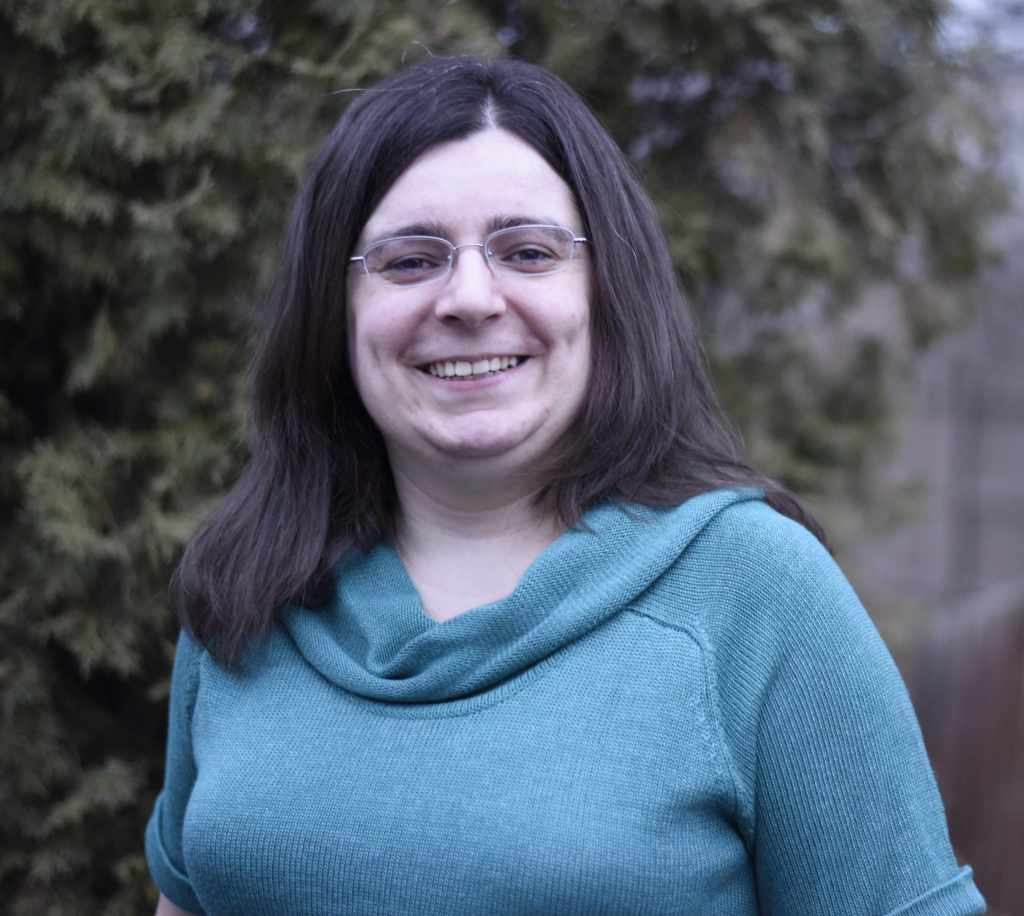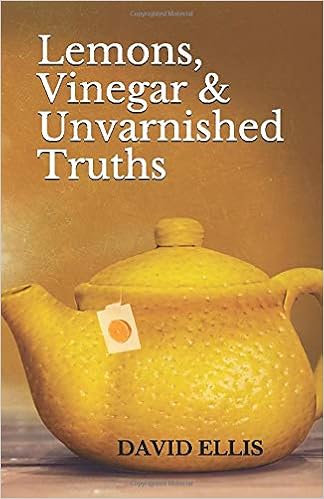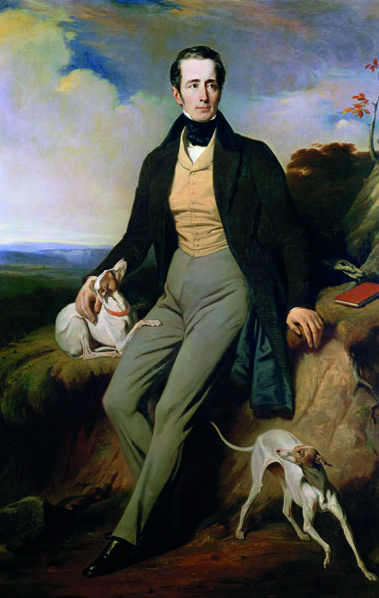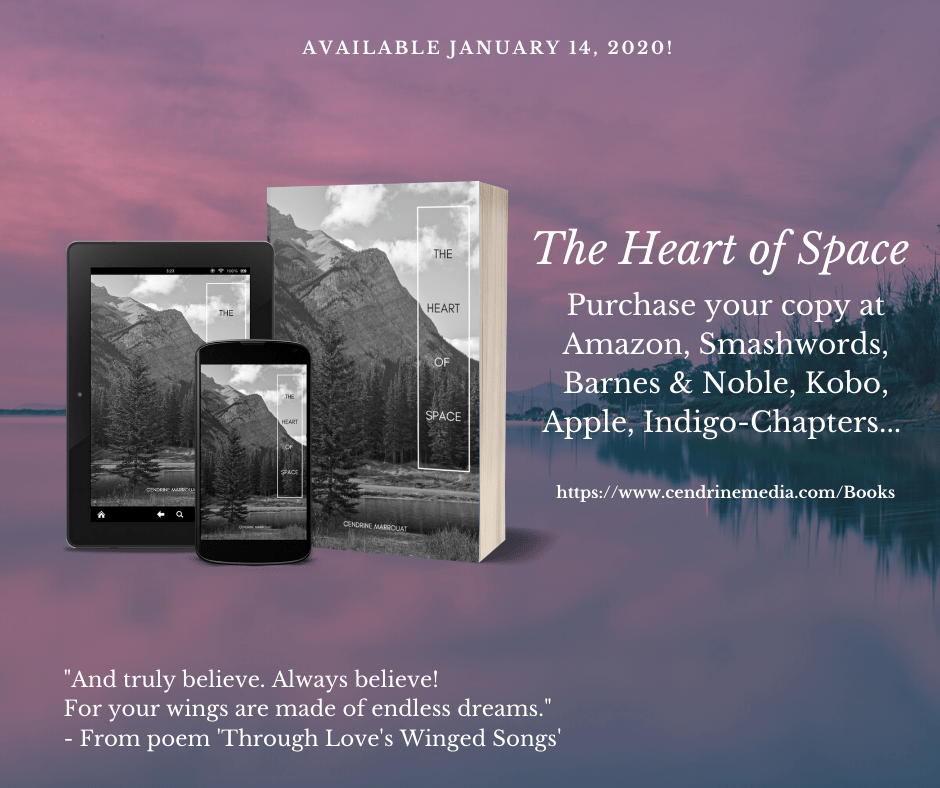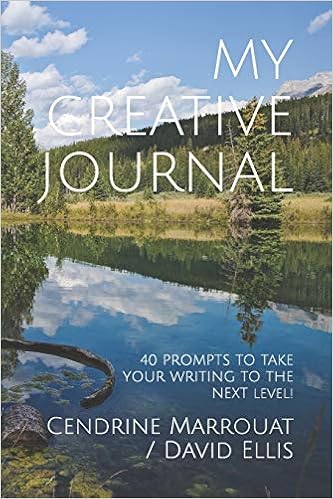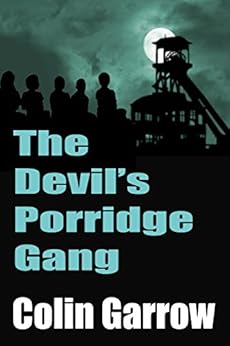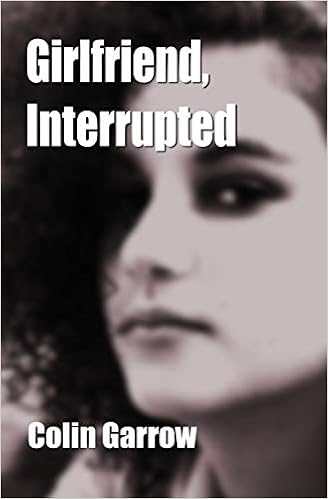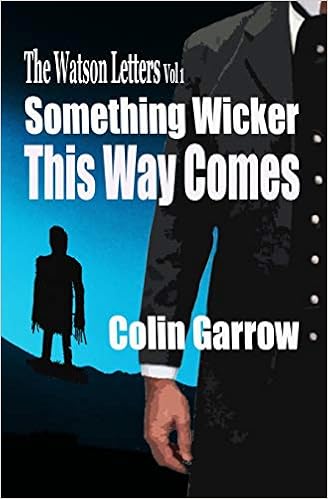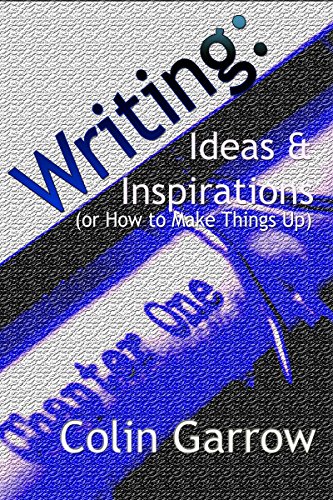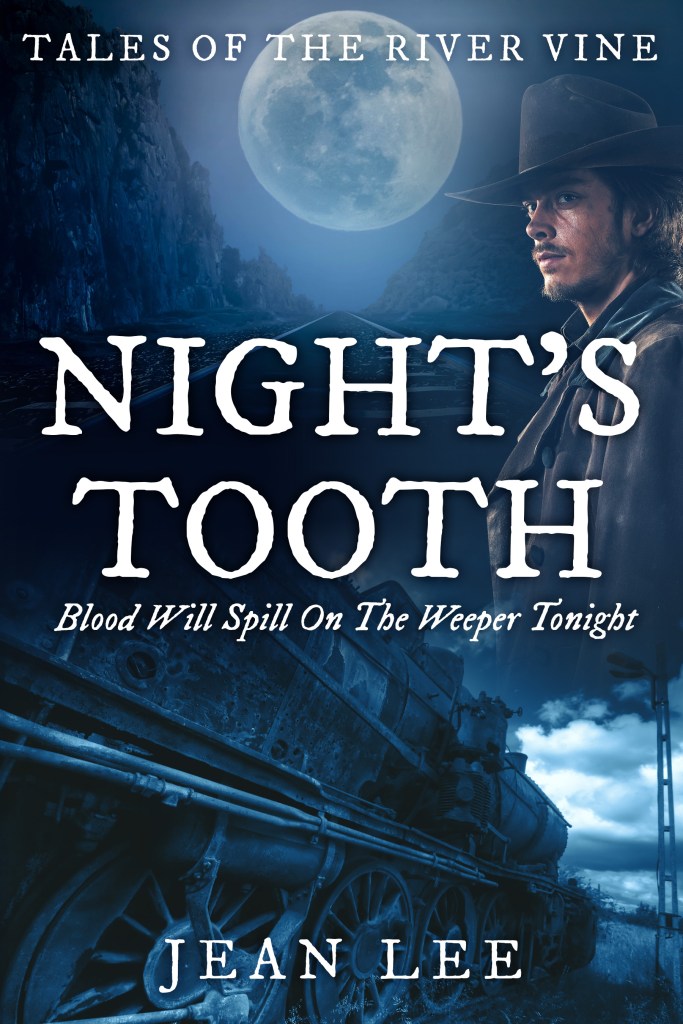Beware the Ides of March, my friends!

I have just been…uffdah, it’s been a March. Nothing bad, thank heaven, but the plagiarism this term has been particularly ugly–students stealing from classmates, cheating with paraphrasing software, buying papers from paper mills, and so on. Some of my hunts for proof have been successful, some not. Either way, it’s extremely frustrating.
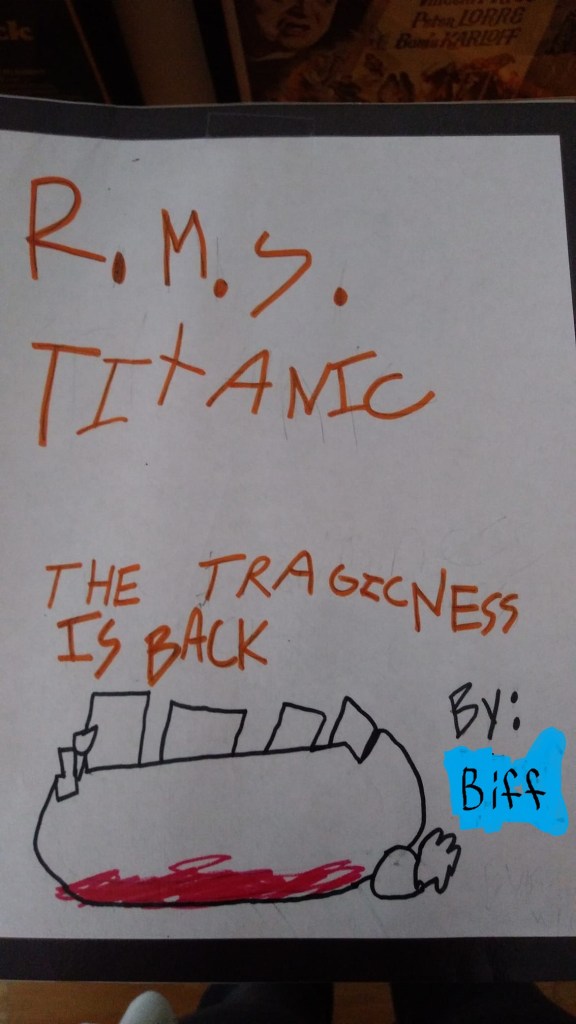
On the positive side, Biff has found a lot of joy in research writing! He spent weeks gathering facts and drawing pictures for his big research project. I may just have to recruit Biff to help me write titles from now on, as his title gathered quite a bit of attention from family and friends. 🙂
Blondie is still working on her own story involving wolves, foxes, and dragons–hopefully I can get her to type the first installment here, especially considering her laments of, “What can I do during Spring Break? I’ll be so boooored.” Welp, this would give her something to do, lol.
Bash has been doing so wonderfully at school, I could cry. Having the extra support from his IEP (Individual Education Plan) has made all the difference. His support teacher encourages his creativity while also helping him stabilize his reactions, and his teacher’s been extremely flexible while also keeping control in the classroom, which is HUGE.
So writing hasn’t happened much this month, but the blessings definitely outweigh the problems. x
I’m also thankful for each and every one of you, so it’s a joy when I can spread good news about your work. Antique Magic series author Juli D. Revezzo and I had another conversation about her goings on and latest work, and now I can share our conversation with you. Welcome back, Juli!
Thank you. Glad to be here.
We last spoke in October 2019 about your work with historical romance and other magical stories. I see you’ve been continuing two different series with publications in 2020. Before we hear about the books themselves, can you first share your process on how you the character arcs and plots straight for such different story-worlds?
Notes! Tons of notes. I keep most of them in old fashioned spiral bound notebooks, and supplement that with word doc files, when the spiral bounds get too unruly. (I do. I have boxes and cabinets full, if you don’t believe me!)
Luckily, in my Antique Magic series, I kept that to one pov throughout the series, the arcs many revolved around her relationships with the minor characters.
Okay, NOW tell us about your latest work.
The latest, well, since we last spoke, I finished off my other series, the paranormal romance series: Stewards War, so it’s completing Stacy’s war against the evil god Balor. If you haven’t read that one, she owns a sacred battleground for an ongoing battle between the mythical Tuatha dé Danann and Balor. The book we talked about in October, Bitter Thorn Tribe, saw her digesting everything that happened in the previous book, Keeper of the Grove and dealing with an unexpected magical threat, while my soon-to-be-released novel Druid Defiance, sees her making a major parlay against Balor. It will wrap up the series, so I can’t say more than that without spoilers. 😉
Sometimes we need to visit a place, be it the setting of a story or a home of a favorite author, in order to be inspired. What literary pilgrimages have you gone on?
I’ve visited Fort Pickens (which is a feature in my Antique Magic series) and the mountains in Druid Warrior’s Heart and those in …well, the forthcoming last book in Stewards War series (Druid Defiance) are inspired by the mountains of North Carolina, which I’ve visited several times.
Your stories cross multiple centuries, so it’s understandable that names are going to change depending on the time period, culture, and so on. How do you select the names of your characters?
The Stewards War series, I assume you mean. The heroes keep their same names across the centuries, in order to keep from confusing everyone. They…ha. Funny story, but when I wrote the first book, I had no intention of turning it into a series, so I picked names that sounded old and either came from history, or mythology. Thinking the modern sounding ones would be good enough. But they branched out, so the main ones (Stacy, Aaron, Erika, Jim and Isaac) needed more friends and family so I had to do some mythology dives.
(For instance: Dylen, Lugh, and Brighid all came from Celtic mythology. Éle is a faery queen name; Caírech, Fintan, Dermot, and Gwenevieve are Irish names, Maedus is named for a son of a legendary Iberian prince; Aaron and Isaac, and Ruth well, their names are Biblical, of course. Lilly comes from… just flowers and Diarrt is a spin on dart, because what were good names 7,000 or 8,000 years ago when those characters lived? Who knows? I only wish I’d given Aaron and Isaac better—more Irish—names. 🙂 )
In Antique Magic, their names were contemporary, so they were much easier to choose!
I’m always on the lookout for good books on the writing craft. Do you have any recommendations?
I’m reading The Heroine’s Journey by Gail Carriger. So far, it’s pretty good. And I’ve read 365 days of Writing Prompts for Romance Writers by Kim Knight, over the Thanksgiving holiday. It was helpful—and not just for the romance genre, I think.
Oooo, thanks for the recommendations! I’ll have to check those out. Now when I look back, I see you published your first story in a compilation in 2011. How did publishing your first story change your process of writing?
From what I remember, (2011 was an eon ago!) it didn’t? I just had to have the story finished and out by a deadline so I had to write it fast. Since then, I’ve plotted more than I was doing back then; I’ve become more of a plotser, (plantser?) than a true pantser, but I still usually pants my way through the initial ideas of stories. Usually only the first half of the notes, now, to be honest.
From 2011 onward, you have been constantly putting out awesome stories! I’m lucky if I can get one thing published per year. How do you maintain a strong brainstorm-to-publication routine for yourself so that readers can count on new work from you every year?
Aw, thank you for your kind words, Jean Lee. As you say, I’m constantly working on something. While we’re talking, here, about three different books—two recently released and one in pre-order—I’ve got one manuscript finished that I need to do a first read and edit on, and one I’m not quite that far into (*ducks*), and I’m making notes for beginning another—and I have one that I need to get printed out to revamp. Yes, all at once. I work a little bit on this one one day, a little on that one the next. One might be half done at 40k words while one’s only 2k words; and one might be half-edited. *shrugs* It’s just the way I’ve always done things. Ideas I can’t get to right away, I just scribble them down in notebooks to come back to.
Your years of writing have seen a lot of change to the digital market and concept of “author platform.” Can you share a few lessons you’ve learned about marketing your books?
OMG, how much time do you have??
You can’t not do it, so just get to it. But I differ in one thing that everyone else says is a must. Yakking about your unpublished books online. Waste of time. Why do I say that? Why, I was blogging about the books I was sending out to publishers way back, starting in 2000 (that site’s since crashed and lost, alas), and in 2010, I still didn’t have a book out. And I had a professional fellow say to me. “Why aren’t you blogging it?”
Dude, I had been for years at that point! Total waste of my time. Your mileage may vary, but that was my experience and proof that building a platform years before you have a published product to sell was a waste. All the time I spent blogging and coding and recoding, I could have spent writing.
Lesson two: The minute you think you have something figured out, it changes.
Don’t believe that Facebook and Amazon and the all-important newsletter list providers will be around forever—they probably won’t. Tomorrow, they’ll be today’s Myspace. Just expect it.
Thanks so much for sharing your lovely insights, Juli! Let’s wrap up with something you’ve learned from experience. What would you consider to be common traps for aspiring writers?
Focusing on everything but their writing, and believing the first thing they finish is good. It’s not. Not spellchecking, not proofreading. Thinking that your market will never change. Believe me, it will.
And, conversely, another trap is not writing to market.
(???Do you have a headache yet? So do I!)
Just find the best fit for your story you can and send it out. And remember to keep learning. I remember someone saying (I can’t remember which writer I heard this from—Stephen King? Steinbeck? I forget which) but he said you’re never good enough. All you can do is keep writing, and keep improving on your last work, no matter what. But in the meantime, as Dean Wesley Smith says: do as good as you can, and send the book (or story) out, and write the next one, and do it again. 🙂
Here’s the synopsis of my latest book, Druid Defiance:
Destined for War…
As Steward, Stacy travels to her ancestral home in Ireland to wed. When she is granted access to the family’s sacred site, her presence opens a magical portal that brings her into a new version of the world. Does this mean the gods approve and her wedding can move forward or will the evil Balor object and end the world once and for all?
If you’d like to check it out, it’s available at Amazon:
About Juli D. Revezzo
Juli D. Revezzo loves fantasy and Celtic mythology and writing stories with all kinds of fantastical elements. She is the author of the Antique Magic paranormal series and the Stewards Wars and Celtic Stewards Chronicles series, the historical romances, Camden Girls series, Vesta’s Clockwork Companions, House of Dark Envy, Watchmaker’s Heart, and Lady of the Tarot, and more. She is also a member of the Independent Author Network and the Magic Appreciation Tour.
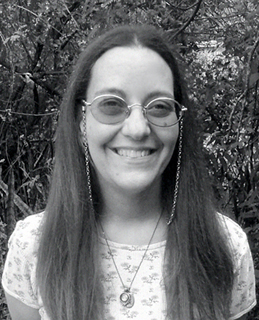
Website: https://julidrevezzo.com/
Amazon Author Page: https://www.amazon.com/Juli-D.-Revezzo/e/B008AHVTLO
Newsletter http://bit.ly/signupforJulisnewsletter
Blog: https://julidrevezzo.com/blog/
Twitter: https://twitter.com/julidrevezzo
Facebook: https://www.facebook.com/julidrevezzo
Pinterest: https://www.pinterest.com/jewelsraven/
There’s also a board dedicated specifically to the Stewards War and Celtic Stewards Chronicles series: https://www.pinterest.com/jewelsraven/related-to-the-celtic-stewards-chronicles/
Instagram: https://www.instagram.com/julidrevezzo/
Goodreads: https://www.goodreads.com/author/show/5782712.Juli_D_Revezzo
BookBub: https://www.bookbub.com/authors/juli-d-revezzo
~STAY TUNED!~
I’m excited to share more indie interviews, including a small press fantasy publisher. It feels like the perfect way to help celebrate May’s Wyrd and Wonder!

We’ll also dig into the wonderful worlds opened to us through names, and let’s not forget the joy music brings to exploring new worlds…
Read on, share on, and write on, my friends!


